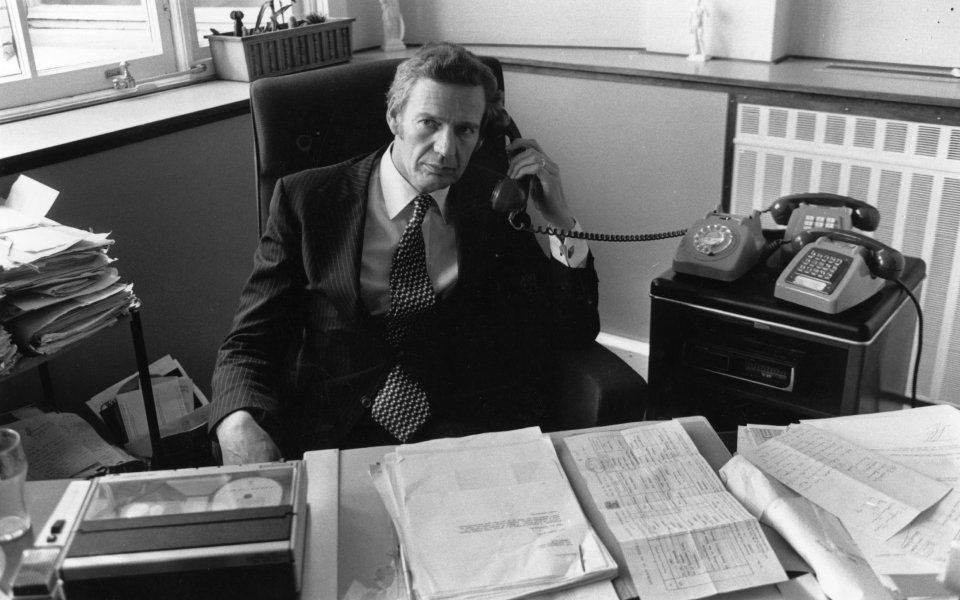Want to be productive in the office? Work fewer hours

I received a press release the other day, which claims that half of the office workers in London are unproductive for up to an hour every day.
If true, this would be excellent news, as it would mean that we are lucky enough to operate at peak level for at least seven hours every day.
Read more: Don't freeze your assets off this winter
Which, on anecdotal evidence at least, is sheer nonsense.
Let’s say that you are a knowledge worker in a position of reasonable responsibility. Let’s say that you are writing a proposal for a potential client.
Let’s say that you decided, just this time, not to copy and paste chunks of a similar proposal that someone else had done for another client a year ago and fill in the gaps with stuff that you have found on the internet.
Let’s say that instead, you decided to immerse yourself fully in the client brief and develop, from scratch, a proposal which has clarity of thought and elegance of expression, which contains genuine analysis of the client’s requirements and offers some original insights – in other words, a proposal whose preparation had involved a cognitive process of a fair degree of rigour and complexity.
Can you really do this for seven hours a day? I can just about manage three.
After that, I find myself stoically staring at the screen, willing for some good ideas to come – but cannot break through the mould of banalities that mental exhaustion brings about. And everyone I know admits to the same. In my early career, I used to look around the office with envy, marvelling at how poised and focused my colleagues looked, and hoping that one day I would have the same capacity for hard work.
But in time, I learned to feign that slightly disdainful, “can’t-you-see-I’m-busy” office look myself, while allowing my thoughts to happily drift to dinner and last night’s episode of Lost at the same time.
Can it be that the authors of the press release confuse productivity with squeezing more activity into one day? Recently, a good friend left a top strategy consultancy for a tier-two equivalent.
Tired of his old firm’s exacting standards, he was relieved that his new employer accepted work that was “just good enough”. He does things faster now, goes home earlier. But is he more productive? By his own admission, he is not. Instead, his work became more process-driven: if before he used to get engrossed in a client’s brief, now he often works on autopilot.
I am not saying that process-oriented work is worse than creative work. Or that it’s better. What I am saying is that efficiency cannot be the sole measure of productivity. If your job is to update the company creds deck for new clients, then indeed what matters is how many of those decks you can knock out in a day.
But if you have to draft an investor presentation for a business which calls itself high-growth, but whose earnings had been declining for three quarters in a row, then good ideas matter more than speed.
Martin Amis once said that he works for two hours a day. Although most office workers will never handle work of Amis’s intellectual intensity, the principle stands: creativity declines sharply after the first two hours. If you want to know what happens after that, get in touch: I’ll show you the quality of some of the press releases that I receive.
Read more: Working nine to five – is it how we make a living?
Which reminds me that I’ve now been working for three hours. By my own standards, I’ve been fairly productive. I better stop now, before my writing gets (even) worse.